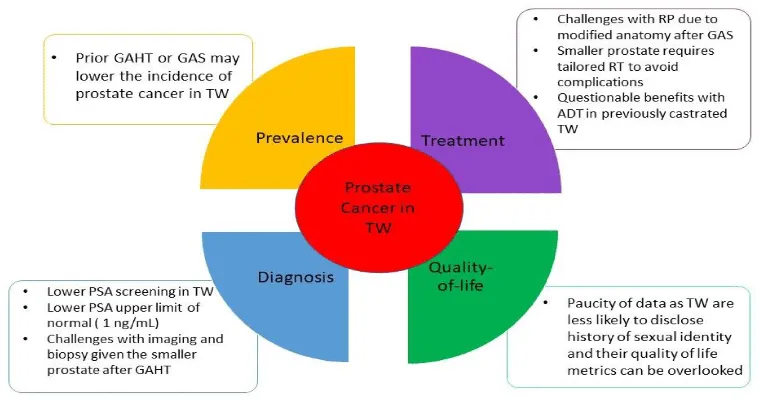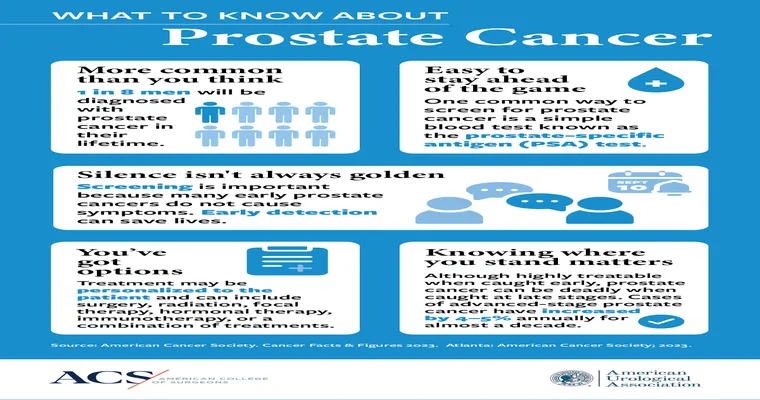Navigating the complexities of "communicating serious health issues" can be particularly challenging when dealing with a loved one who has "stage 5 dementia". The decision to inform an 88-year-old father that he has "kidney and prostate cancer" involves numerous emotional and ethical considerations. This article will explore the implications of such a conversation, provide guidance on how to approach the situation, and suggest alternatives if direct communication may not be appropriate.
Understanding Dementia and Its Impact
Dementia is a progressive condition that affects cognitive functions, including memory, reasoning, and emotional regulation. In the later stages, individuals may struggle to comprehend complex information or retain new information for extended periods. This presents a unique challenge when considering whether to disclose a diagnosis of cancer.
Assessing the Situation
Before making a decision, consider the following factors:
1. "Cognitive Ability": Assess your father's current cognitive state. Is he aware of his surroundings? Does he understand basic concepts? If his comprehension is severely impaired, it may not be beneficial to share the specifics of his diagnosis.
2. "Emotional State": Reflect on your father's emotional well-being. Individuals with dementia often experience heightened anxiety and confusion. Sharing distressing news may exacerbate these feelings, leading to increased agitation or withdrawal.
3. "Quality of Life": Consider how the information might impact your father’s quality of life. If knowing about his cancer diagnosis could lead to unnecessary distress without contributing positively to his care or treatment, it may be more compassionate to withhold the information.
Approaching the Conversation
If you decide that it is appropriate to discuss his diagnosis, consider the following strategies:
"Keep It Simple": Use straightforward language that is easy to understand. Avoid medical jargon and focus on the essentials.
"Be Compassionate": Approach the conversation with empathy. Acknowledge that the information may be difficult to hear, and be prepared to offer emotional support.
"Reassure": Emphasize that he is not alone and that you will be there to support him throughout his treatment journey. This can help alleviate feelings of fear and isolation.
Alternatives to Direct Communication
If you conclude that telling your father about his cancer diagnosis may not be in his best interest, consider these alternatives:
"Focus on Care": Rather than discussing the diagnosis, concentrate on ensuring he receives the best possible care. This includes managing symptoms, providing comfort, and maintaining a supportive environment.
"Involve Healthcare Professionals": Engage with doctors or palliative care specialists who can guide you on how best to talk about health matters with someone who has dementia. They may provide strategies tailored to your father's specific needs.
"Use Indirect Communication": Sometimes, discussing general health issues without mentioning specific diagnoses can help maintain an open dialogue without overwhelming your father.
Conclusion
Deciding whether to inform an 88-year-old father with "stage 5 dementia" about his "kidney and prostate cancer" diagnosis is a deeply personal decision that requires careful consideration of his cognitive abilities, emotional state, and overall quality of life. While honesty is often valued, in this delicate situation, it is essential to prioritize compassion and support. By weighing the pros and cons and considering alternative approaches, you can make a choice that best aligns with your father's needs and well-being.





